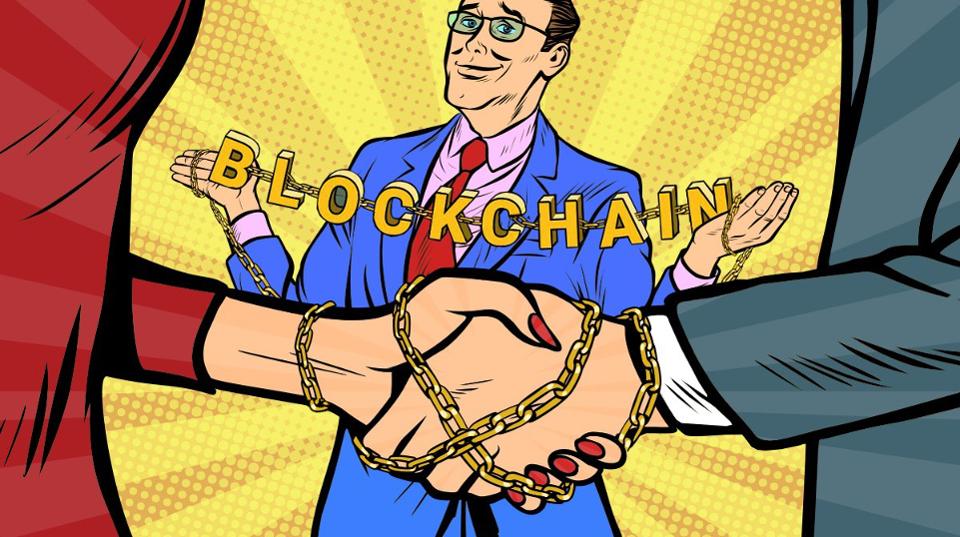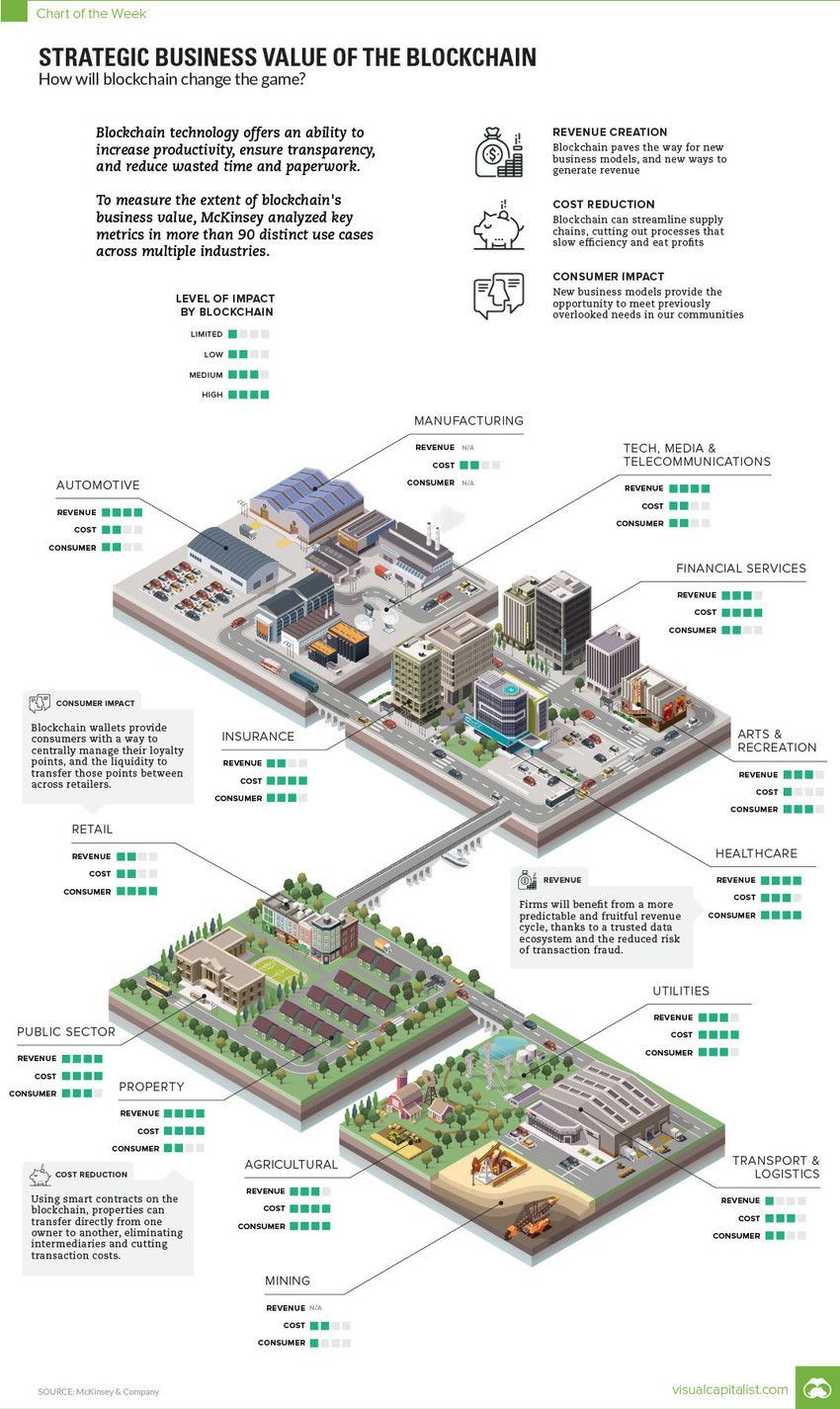You won’t get rich, but it’s a pretty neat mining hack.



The blockchain technology that appeared in 2008 with the introduction of Bitcoin is developing approximately five times as quickly as the Internet did. It even went through its boom and bust periods more rapidly than the dotcom mania did.
Today, the ICO hype is over, and, just like with the dotcom bubble, we have seen many companies fail. Many hope to see revolutionary Google-like and Amazon-like blockchain-based solutions appear from the surviving startups. Some of the venture capitalists who have influenced the Internet boom, such as Marc Andreessen from Andreessen Horowitz and Timothy Draper from Draper Associates, share this hope for the blockchain industry.
Enterprise software is estimated to be a $457 billion market in 2019, and blockchain solutions will eat part of it. Given the blockchain market fatigue that we are noticing, where do we stand with the significant “technological revolution” that the true blockchain enthusiasts have promised?

Up to 10% of global GDP could be stored on blockchains by 2025, according to the World Economic Forum. From product identifiers, medical records to land registries, academic degrees and insurance contracts, blockchain and distributed ledger technologies (DLTs) are already functioning in many sectors.
What blockchain promises is no less than the technological backbone of the 21st century’s renaissance of the social commons, giving back power to the people. In this century more than ever, power comes from data. Blockchain promises to give control of data back to the people. But this requires one element: trust in the technology, trust that it does what it’s supposed to do.
The paradox here is that blockchain removes the need to trust the intermediary – i.e., notaries, insurers and bankers – by requiring us to trust the technology. But how likely are we to trust the technology if it is breached repeatedly?

HSBC will upgrade their blockchain technology to control $20 billion in assets by March 2020.
LONDON (Reuters) — HSBC aims to shift $20 billion worth of assets to a new blockchain-based custody platform by March, in one of the biggest deployments yet of the widely-hyped but still unproven technology by a global bank.

Haven’t heard from Fossel in awhile. This is long but well indexed in the notes.
My mission is to drastically improve your life by helping you break bad habits, build and keep new healthy habits to make you the best version of yourself.
This video me, Brent Nally, interviewing Dr. Michael Fossel about Telocyte and telomerase gene therapy on November 16, 2019.
- Please consider a donation to me: My PayPal https://paypal.me/BrentNally or my Bitcoin Cash (BCH) address: qr9gcfv92pzwfwa5hj9sqk3ptcnr5jss2g78n7w6f2
SHOW NOTES:


We stand at the dawn of the space age, a time when we can see the very, very beginning of exploring the vastness of the unknown.
The live-streamed launch of a space rocket is the new entertainment for the revolutionary generation, the millennials who think they can really change the world.
Empowered by the digital revolution and even the crypto revolution, astute many of them and some of them actual geniuses, a new era is at inception where kids play almost at the same level as vast governments.
IF YOU LIKE THESE VIDEOS, YOU CAN MAKE A SMALL DONATION VIA PAYPAL or BITCOIN LINKS HERE: https://www.paypal.com/cgi-bin/webscr?cmd=_s-xclick&hosted_b…3G8SJ4ABT4
(paypal email: [email protected])
MY BITCOIN: 19WnEPwjRHnnfiDpVFUni1A2Amqvxy4gud
Contact email: [email protected]
Join my Youtube channel for special perks: https://www.youtube.com/channel/UCVcxJ9k14bi__-uA1cGkEcA/join
IF YOU LIKE THESE VIDEOS, YOU CAN MAKE A SMALL DONATION VIA PAYPAL or BITCOIN LINKS HERE: https://www.paypal.com/cgi-bin/webscr?cmd=_s-xclick&hosted_b…3G8SJ4ABT4
(paypal email: [email protected])
MY BITCOIN: 19WnEPwjRHnnfiDpVFUni1A2Amqvxy4gud
Contact email: [email protected]
Join my Youtube channel for special perks: https://www.youtube.com/channel/UCVcxJ9k14bi__-uA1cGkEcA/join